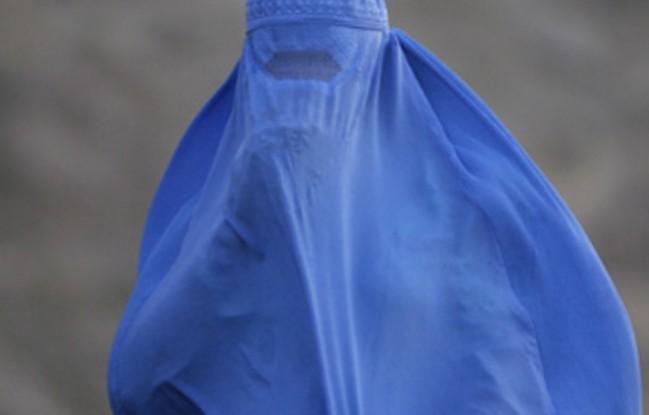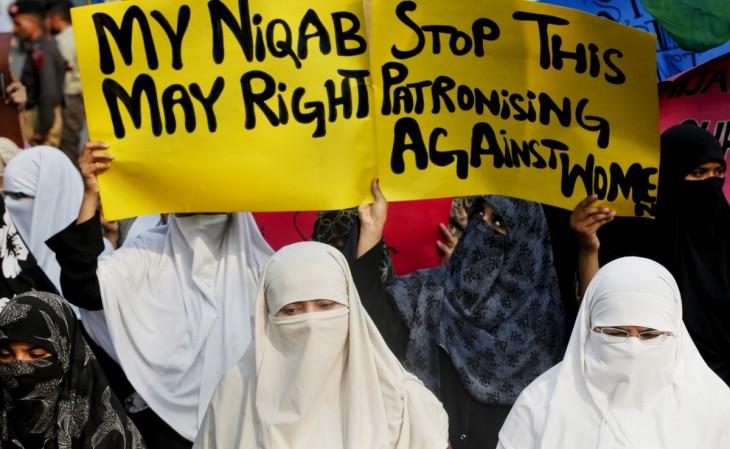Just a few days after Austria banned Muslim women from wearing a full-face veil in public places, another European country has joined the bandwagon. Denmark is set to restrict any form of full-face covering including the Islamic veils like the burqa and niqab. The ban was agreed upon by most of the parties in the Danish parliament, but a date for a formal vote is yet to be announced.
A niqab covers everything apart from the eyes, whereas a burqa also covers the eyes with a transparent veil. About 200 women reportedly cover their faces in Denmark and this ban is set to affect all of them.
Speaking of the decision, the spokesperson for the Liberal Party said that the move was not targeted at a religion. "This is not a ban on religious clothing, this is a ban on masking," Reuters quoted Jacob Ellemann-Jensen as saying.
The move has been supported by the government's ally the Danish People's Party as well as the main opposition Social Democrats. "There will come a masking ban in Denmark. That's how it is," Foreign Minister Anders Samuelsen said on Facebook. "So if it is practically possible to have such a ban without betraying ourselves or our own values, then the Liberal Alliance will vote for it."
Meanwhile, the Social Democrats has supported the ban as it believes that full-face coverings oppressed women and their freedom. "We are ready to ban the burqa if that is what it takes ... But there are some dilemmas, not least with regards to how such a ban would be enforced," said the Social Democrats' leader Mette Fredriksen.
The ban on niqab and burqa often raises a debate among people. While some believe that women should be allowed to choose what they wear – full-face coverings or not -- some believe that such coverings oppress the women and it is almost like they are not allowed to have a voice.

With this, Denmark joins the likes of Austria, Belgium, the Netherlands, Bulgaria and the German state of Bavaria. Austria put a restriction on the burqa and niqab a few days ago – the ban came into force on October 1 -- and it was reported that the Austrian government even circulated leaflets and posters threatening women with fines if they did not comply with the order.
Earlier this year, the Norwegian government also proposed a bill to ban the full-face Muslim veil in all the schools nurseries and educational institutions, as it believed that the veil obstructed "good communication" between pupils and teachers.
"We do not want clothes covering the face in nurseries, schools and universities... These clothes prevent good communication, which is important for students to receive a good education," Minister of Education and Research Torbjorn Roe Isaksen had then said in a statement.

"Clothes covering the face, like the niqab and the burqa, have no place in Norwegian schools. It is a fundamental value to be able to communicate with each other," Per Sandberg, interim minister of immigration and integration, was quoted by AFP as saying.
The first country to ban a Muslim veil was France and the restriction came into effect in 2011. While Muslim women had challenged the ban in the European Court of Human Rights (ECHR), the ban was upheld by the authority. Later women in Belgium too approached the court against the restriction, but the court ruled in favour of the Belgium and said that the "doesn't violate European human rights law."








